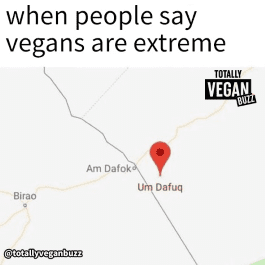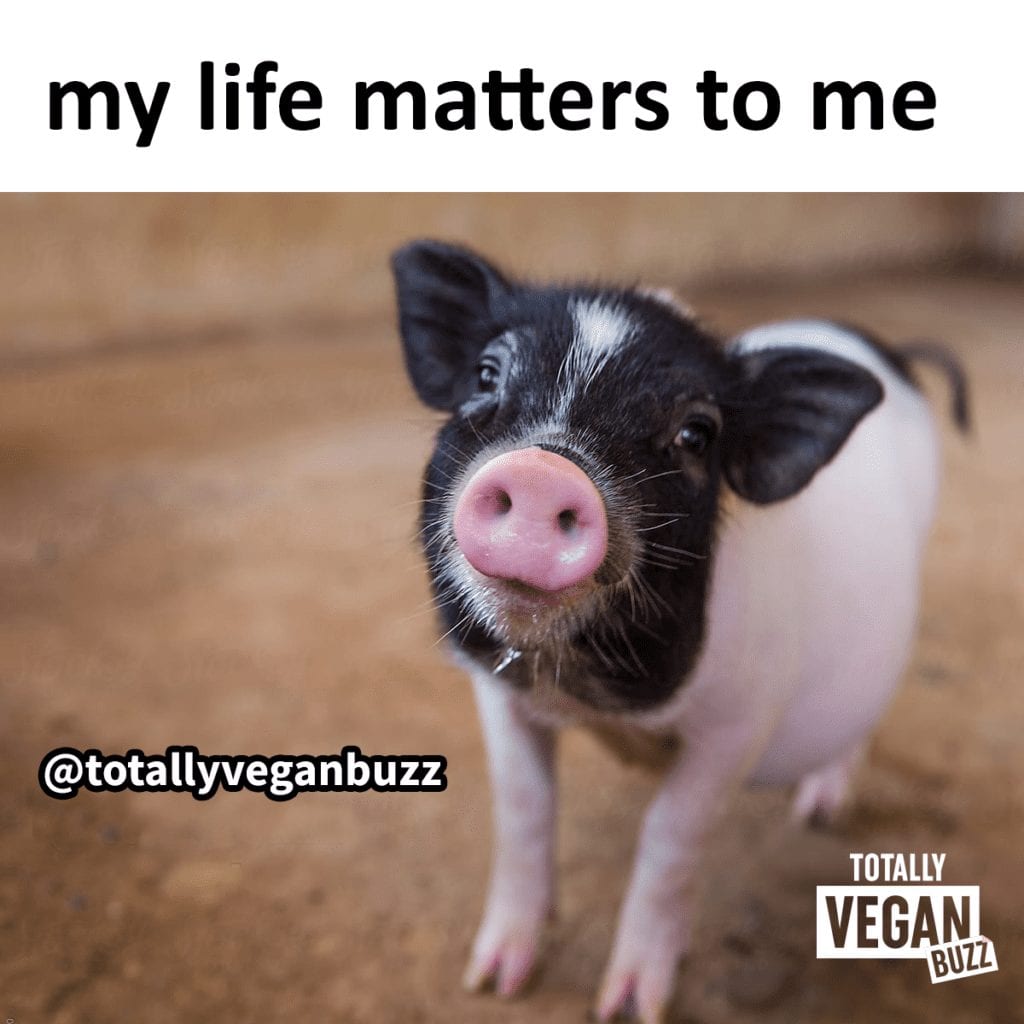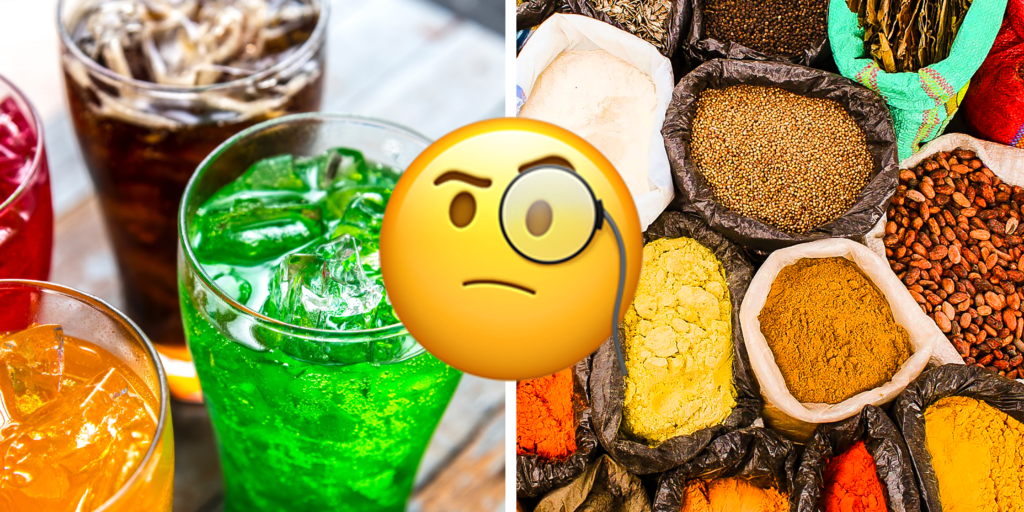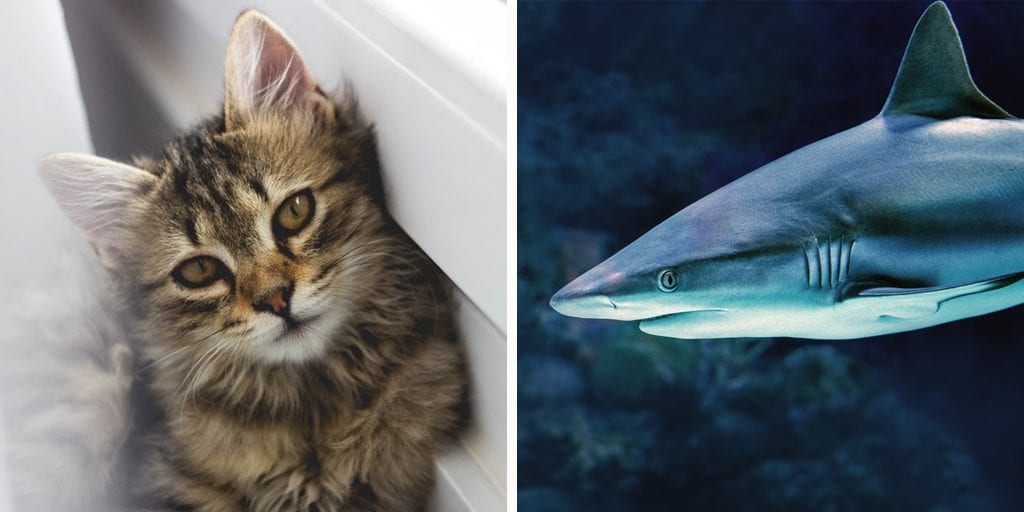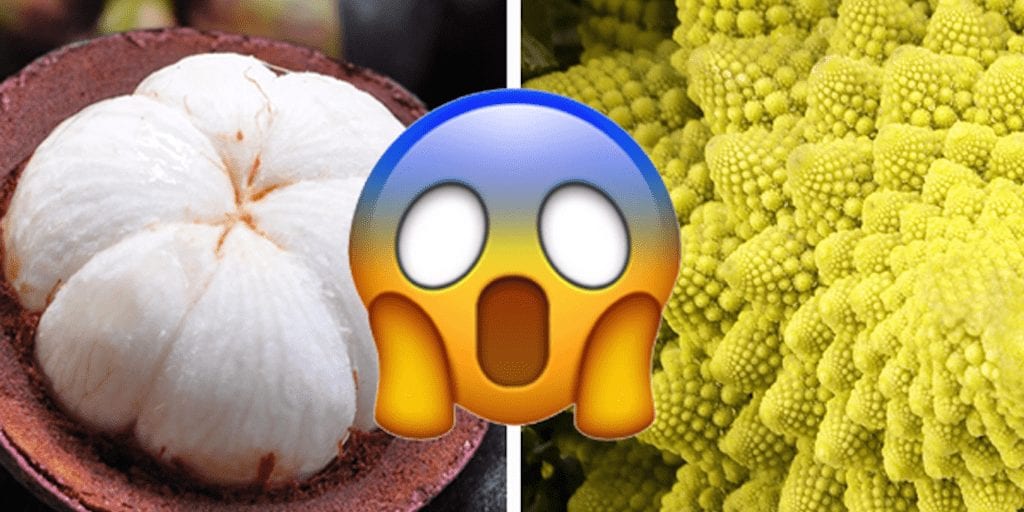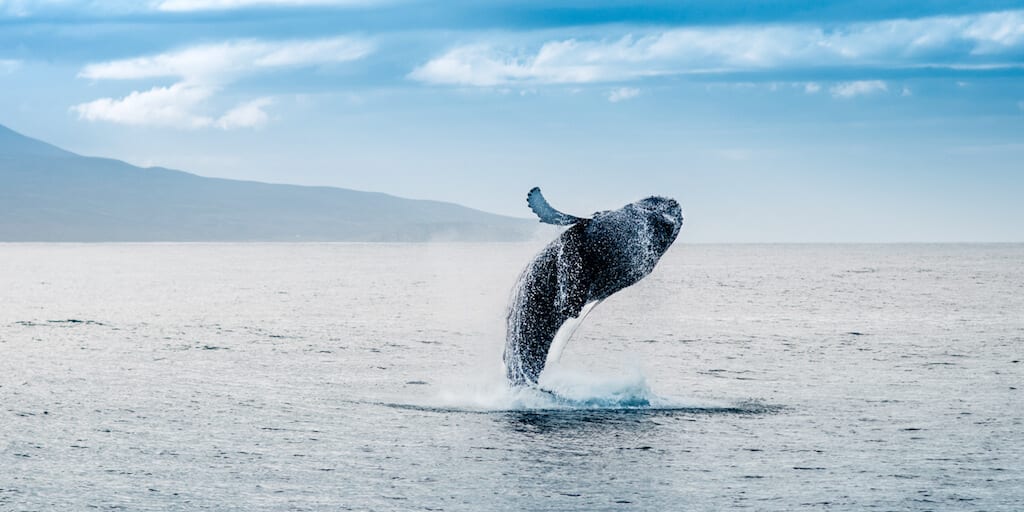
“If there was steady effluent leaking into a waterway, that live virus could build up along coastlines to a level high enough to potentially infect a marine mammal.”
This week, a new study – published in the journal Science of the Total Environment- has revealed that the novel coronavirus could be spread to whales and other marine mammals through improperly treated sewage and wastewater.
The findings follow news about the virus being detected in untreated sewage tested in Spain, Italy and France.
At the same time, other studies have suggested that the COVID-19 virus gets excreted in human feces and can live for up to 25 days in water.
This prolonged active state of the virus raises the risk of wastewater transmitting the disease.
Susceptible marine species
While there are no confirmed cases of COVID-19 among whales and seals, researchers at Dalhousie University in Halifax used genetic analysis to help them determine which marine mammals are more susceptible to the infectious virus.
Authors of the study found that the protein molecules to which the virus binds are strikingly similar between those in humans and in several marine species, including dolphins, beluga whales, seals and sea otters
“We saw there were dozens of whales and sea mammal species that were predicted to be as susceptible or more susceptible than humans,” said Graham Dellaire, a pathologist at Dalhousie University in Halifax.
“There’s definitely an opportunity, if there was steady effluent leaking into a waterway, that live virus could build up along coastlines to a level high enough to potentially infect a marine mammal — particularly those close to shore.”
The study team discovered that at least 15 marine mammal species were susceptible to the infection, which included a majority of whale, dolphin and porpoise species.
While Dellaire said that chances of marine mammals transmitting the virus back to humans are slim, he added that the two-way traffic of viruses between humans and animals is likely to increase as people continue to invade animal habitats.
“As we move into new environments, this is not the first or last zoonotic pandemic,” Dellaire pointed out.
Endangered marine species at risk
The study highlighted that many of the susceptible marine animals are “threatened or critically endangered,” making the risk from the virus more serious.
According to Dellaire, “in the past, these animals have been infected by related coronaviruses that have caused both mild disease as well as life-threatening liver and lung damage.”
Besides, he added that many of the marine animals live together in large groups, which makes transmission of the virus easier.
“It only takes one. It’s like a super-spreader event. If they’re all hanging out sunning themselves on the beach, one infected animal can spread it quickly.”
Share this story to let others know about the findings of the new study.
Lifestyle
Vegan culture, food, beauty & more
Is Tobey Maguire vegan? Here’s what we know
- Mohsina Dodhiya
- 17th August 2023
Tobey Maguire often speaks about veganism and animal issues. Tobey Maguire, the actor best known for playing Spider-Man in the Sam Raimi trilogy, is a vegan. He has been a vegetarian since 1992 and became a vegan in 2009. A lifelong commitment to animal rights Maguire’s decision to go vegan was motivated by his love …
Continue reading “Is Tobey Maguire vegan? Here’s what we know”
Plant-based food jobs surge with 32% growth in just 3 months
- Mohsina Dodhiya
- 17th August 2023
The number of open jobs advertised in the plant-based industry increased by almost a third from April to July 2023, GlobalData reported. The plant-based food industry is booming, and this is reflected in the number of job openings in the sector. According to data from GlobalData, the number of open jobs advertised in the plant-based …
Continue reading “Plant-based food jobs surge with 32% growth in just 3 months”
VEGAN MEMES
NEED A LAUGH?
QUIZZES
All the quizzes you love to binge!
QUIZ: If you score 11/12 on this quiz, you’re a verified vegan food expert
- Marlon Farrugia
- 10th January 2020
How much vegan knowledge do you have stored away? Do you have to Google your way through a shopping trip, or do you have all the bad E-numbers memorised? Find out now with this quiz. Marlon Farrugia Marlon Farrugia is a freelance writer from Brighton. He has been a dedicated vegan for many years, and …
Continue reading “QUIZ: If you score 11/12 on this quiz, you’re a verified vegan food expert”
QUIZ: What is your perfect Vegan Halloween Costume?
- Marlon Farrugia
- 13th October 2019
Spook Season approaches. There will be ghosts, goblins, ghouls, and glucose. You need a costume, and you want to it to show off your personality, which means VEGAN. But what to choose? Take our quiz to find out your perfect outfit. Marlon Farrugia Marlon Farrugia is a freelance writer from Brighton. He has been a …
Continue reading “QUIZ: What is your perfect Vegan Halloween Costume?”
QUIZ: What kind of vegetable are you?
- Marlon Farrugia
- 26th September 2019
“If you were a vegetable, what kind would you be?” A question that has tormented humanity throughout the ages – until now. Read: QUIZ: If you score 19/20 on THIS quiz, you’re a Vegan God Marlon Farrugia Marlon Farrugia is a freelance writer from Brighton. He has been a dedicated vegan for many years, and …











